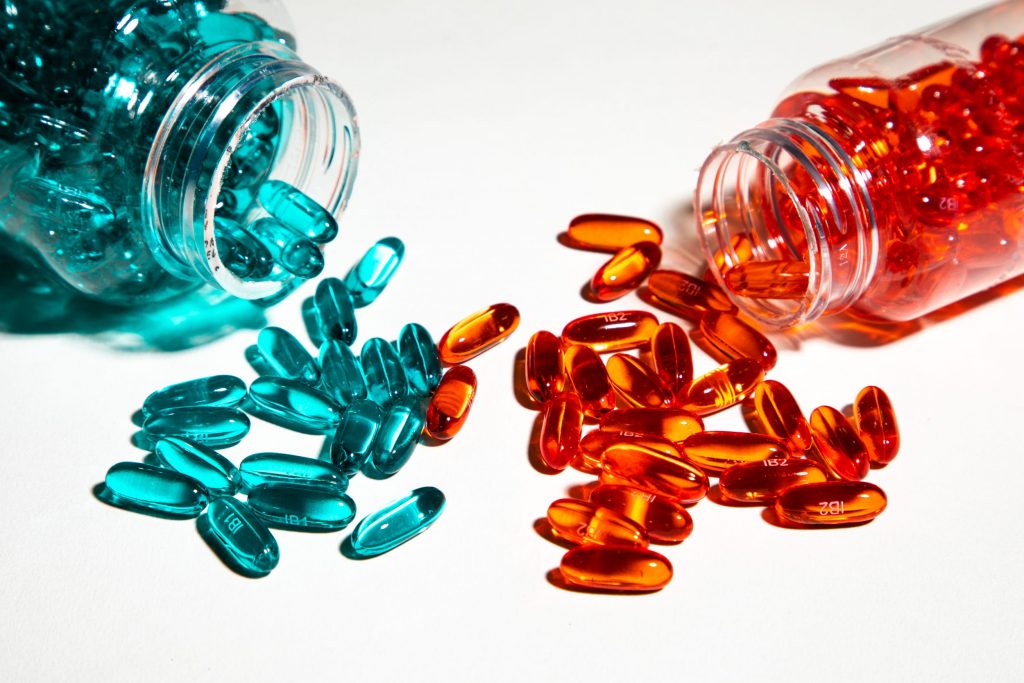- Calls to poison control centers about children who took too much melatonin rose by 530% in 10 years.
- The CDC released a new report Thursday on the increase in melatonin ingestion among children.
- Two children died in the last decade due to melatonin ingestion.
Calls to poison control centers involving children who took too much of the sleep supplement melatonin increased by 530% in the last decade, according to a Centers for Disease Control and Prevention report released on Thursday.
The report found pediatric melatonin ingestions reported to poison control centers rose from about 8,000 in 2012 to 52,000 in 2021. The largest yearly increase occurred between 2019 to 2020.
Most calls involved unintentional overuse in boys under five-years-old, and were managed at home.
The CDC found two children died in the last decade as a result of taking too much melatonin. Of the children who died, one involved "intentional medication misuse," the CDC said. The reason for the other is unknown.
More than 27,000 children needed to go to a health care facility due to melatonin supplement ingestion, and of that number, 14.7% were hospitalized and 1% required intensive care. Five children required mechanical ventilation.
Melatonin's popularity has grown in recent years
The pandemic supercharged melatonin sales; Americans spent over $825 million on melatonin supplements in 2020, representing a 42.6% year-over-year increase, according to Nielsen. Some melatonin supplement manufacturers are marketing products like gummies directly to children, Kaiser Health News reported.
Dr. Ritwick Agrawal, a sleep medicine specialist and assistant professor at Baylor College of Medicine, said the rise in melatonin supplement use is likely due to growing rates of insomnia, particularly during the pandemic. A recent Penn Medicine survey found 60% of adults reported having trouble sleeping since 2020.
The dramatic increase in calls to poison control could be related to how easy is it is to get melatonin supplements, Agrawal said. The supplements cost about $10 for a small bottle and do not require a prescription, meaning people can easily take too much without a doctor's supervision.
"I'm also an ICU doctor and I end up seeing a lot of poisonings in my practice, and in general, I've not seen a whole lot of melatonin overdose [in adults], but in children I can easily imagine," Agrawal told Insider. "Even a small overdose can cause a lot of problems."
A lack of research on how melatonin supplements impact children should 'give anybody pause'
Dr. Muhammad Adeel Rishi, a pulmonology, sleep medicine, and critical care specialist with the American Academy of Sleep Medicine, said parents should be skeptical of melatonin products advertised for children.
Since melatonin is marketed as a supplement, the product is "considered erroneously safe" for children among some parents, Rishi said. But there are no established doses of melatonin for both adults and children, and research has shown the amount of melatonin inside a supplement bottle can differ significantly from what's listed on the label.
"My advice to the parents would be to talk your pediatrician," Rishi said. "Often, behavioral interventions other than medication are successful in addressing insomnia and children."
Dr. Jing Wang, an assistant professor at the Icahn School of Medicine at Mount Sinai, said more research is needed on how melatonin can impact a child's development, especially during puberty. Wang said common side effects among children include drowsiness and drops in blood sugar levels and blood pressure.
The hormone also plays a role in sexual development in kids, and can cause problems when interacting with medications like blood thinners and contraceptives, Rishi added.
"Lack of enough research in this area should give anybody pause while using melatonin chronically in children," he said.


